Expanded aluminum, also known as expanded metal, is a unique material renowned for its diverse range of applications. This article aims to shed light on the intriguing world of expanded aluminum, starting with its definition and nomenclature. Essentially, expanded aluminum refers to a metal sheet that has been processed through a specialized expansion technique, resulting in a pattern of interconnected diamond, hexagonal, or circular-shaped openings. This expanded structure grants the material its distinctive name. Read More…
Our expanded metal is ideal for a wide range of applications and our teams will work with you every step of the way to guarantee your satisfaction. Our goal is to exceed your expectations and we take pride in providing our customers with outstanding services.
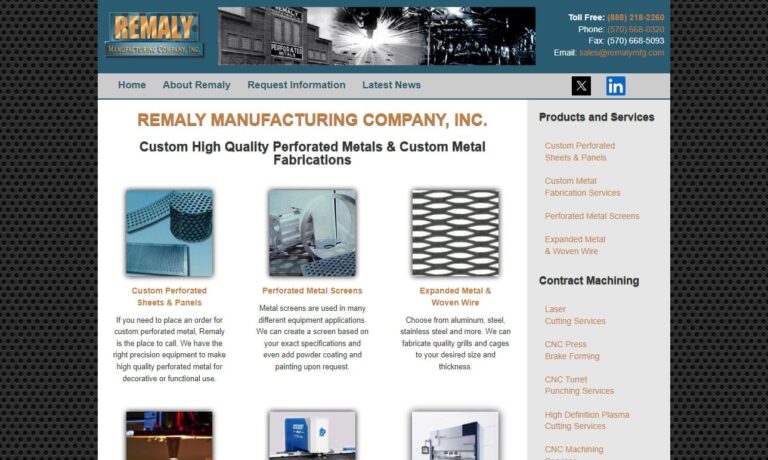
We sell Steel, Stainless, Aluminum, Brass, and Copper products and have the capability to process material to customer specifications. Construction supplies & services include rebars, fabrication, roofdeck, tubing, wiremesh, construction steel pipe, highchairs, bollards, grating and expanded metals.
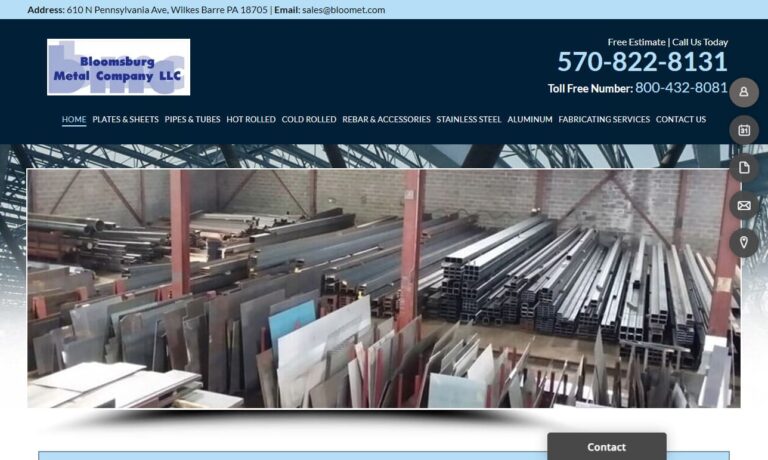
Steel distributor specializing in beams, h-piling, channels, angles, galvanized angles, pipe & tubing, rebar, epoxy coated rebar, flats, squares, rounds, expanded metals, expanded grating, bar grating (steel, stainless, aluminum), fiberglass grating, bar joist & decking. Specialty items include NYC steel face curbing.
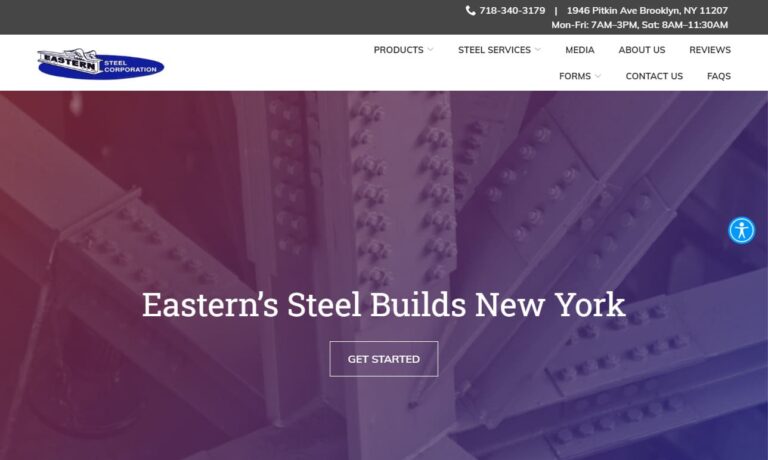
Midwest Steel & Aluminum is partnered with the best metal suppliers worldwide to offer our customers steel cut to size and delivered on time. We are committed to manufacturing high-quality products while pushing ourselves to be even better. We are ISO 9001:2015 certified.
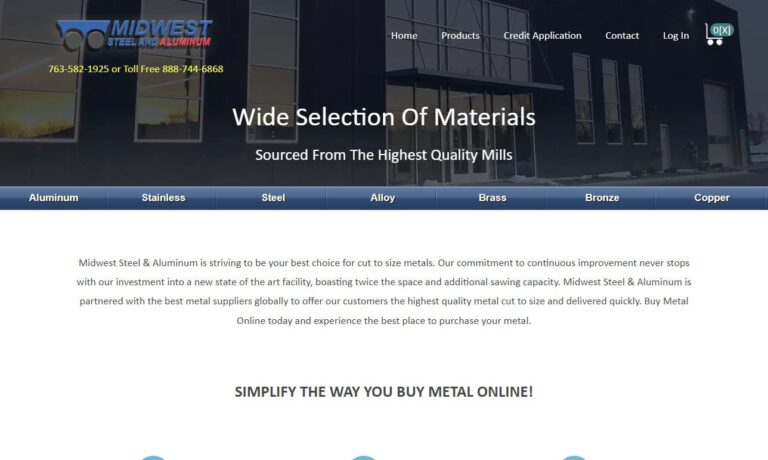
More Expanded Aluminum Manufacturers
The Creation of Expanded Aluminum
To understand the creation of expanded aluminum, we must first recognize the disparities between it and regular aluminum production. The process begins with a flat sheet of aluminum, which is then subjected to precise cuts and stretches. These actions cause the material to expand, resulting in the characteristic diamond, hexagonal, or circular-shaped openings. Unlike regular aluminum production, the expansion process imparts unique properties to the metal, enhancing its strength, rigidity, and versatility.
Variations in the Creation of Expanded Aluminum
The expansion technique allows for variations in the shape and size of the openings, thus creating different types of expanded aluminum. For instance, some variations feature smaller diamond-shaped openings, ideal for applications that require enhanced structural integrity or resistance to small particles. In contrast, larger diamond-shaped openings offer improved airflow and light transmission, making them suitable for architectural designs or filtration purposes. Hexagonal-shaped openings, meanwhile, provide excellent weight distribution and high strength, making them suitable for industrial and manufacturing applications. Circular-shaped openings, on the other hand, offer a distinctive aesthetic appeal, making them popular in decorative and artistic endeavors.
Considerations Regarding Expanded Aluminum
While expanded aluminum boasts numerous advantages, it is essential to address some potential considerations. To begin with, the production process of expanded aluminum can have an environmental impact, requiring energy and resources. Additionally, the metal's exposed surface may be susceptible to corrosion and rusting over time, necessitating appropriate coatings for protection. Furthermore, recycling and waste management of expanded aluminum can present challenges due to its intricate structure.
Steps to Combat These Considerations
Efforts have been made to mitigate these considerations associated with expanded aluminum. For example, sustainable production practices are being implemented, such as using recycled aluminum and optimizing energy consumption. To combat corrosion, meanwhile, manufacturers have developed specialized coatings that offer enhanced protection and prolong the material's lifespan. Moreover, advancements in recycling and waste management techniques are being explored to address the challenges posed by expanded aluminum's unique structure.
Benefits of Expanded Aluminum
Despite the aforementioned considerations, expanded aluminum boasts a myriad of benefits. Its lightweight nature, coupled with a high strength-to-weight ratio, makes it an ideal choice for applications that require durability without excessive weight. The expanded structure also provides excellent heat and sound insulation properties, making it suitable for use in architectural projects and industrial settings. Furthermore, expanded aluminum offers versatility in design and customization, allowing it to be tailored to specific requirements. Its inherent resistance to weather conditions ensures long-lasting performance, even in challenging environments.
Applications of Expanded Aluminum
The applications of expanded aluminum span various industries. In architecture and building construction, for instance, it finds use in facades, screens, and sunshades, blending functionality with aesthetic appeal. Meanwhile, the automotive industry utilizes expanded aluminum for radiator grilles, air vents, and interior trim, leveraging its lightweight and structural advantages. In the industrial and manufacturing sectors, expanded aluminum serves as walkway gratings, machine guards, and filters, owing to its strength and versatility. Filtration and screening applications also benefit from expanded aluminum's precise aperture sizes and superior airflow characteristics. Finally, expanded aluminum finds its place in decorative and artistic endeavors, where its unique patterns and textures add a touch of elegance and innovation.
The Future and Expanded Aluminum
The future of expanded aluminum holds immense potential for further advancements and applications. As industries continue to seek lightweight and sustainable materials, expanded aluminum stands out as a viable solution. Ongoing research and development efforts aim to refine the production process, reducing energy consumption and environmental impact. Innovations in surface coatings and treatments could further enhance its corrosion resistance and longevity. Additionally, exploring new variations in expanded aluminum, such as incorporating different shapes, sizes, or patterns of openings, could unlock novel applications in areas such as aerospace, renewable energy, and advanced filtration systems. The integration of expanded aluminum with other materials, such as composites or polymers, meanwhile, may result in hybrid structures with enhanced properties. Furthermore, advancements in additive manufacturing techniques, such as 3D printing, may offer exciting possibilities for creating complex and intricate expanded aluminum structures. As technology evolves, expanded aluminum could play a significant role in addressing emerging challenges and driving innovation across a wide range of industries. Its versatility, durability, and unique characteristics position it as a material of choice for the future, paving the way for groundbreaking solutions and designs.
Choosing the Right Expanded Aluminum Manufacturer
To ensure you have the most beneficial outcome when purchasing expanded aluminum from an expanded aluminum manufacturer, it is important to compare several companies using our directory of expanded aluminum manufacturers. Each expanded aluminum manufacturer has a business profile page highlighting their areas of experience and capabilities, along with a contact form to directly communicate with the manufacturer for more information or to request a quote. Review each expanded aluminum business website using our patented website previewer to quickly learn what each company specializes in. Then, use our simple RFQ form to contact multiple expanded aluminum companies with the same form.

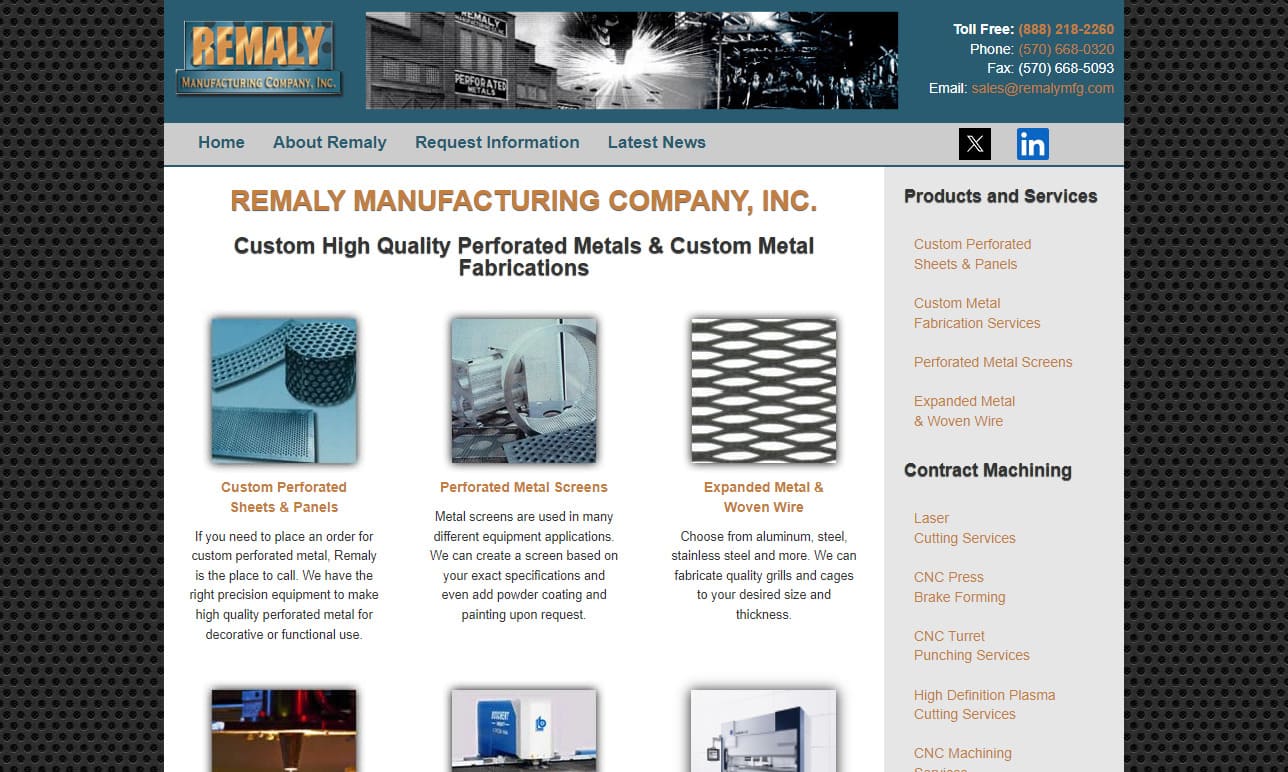
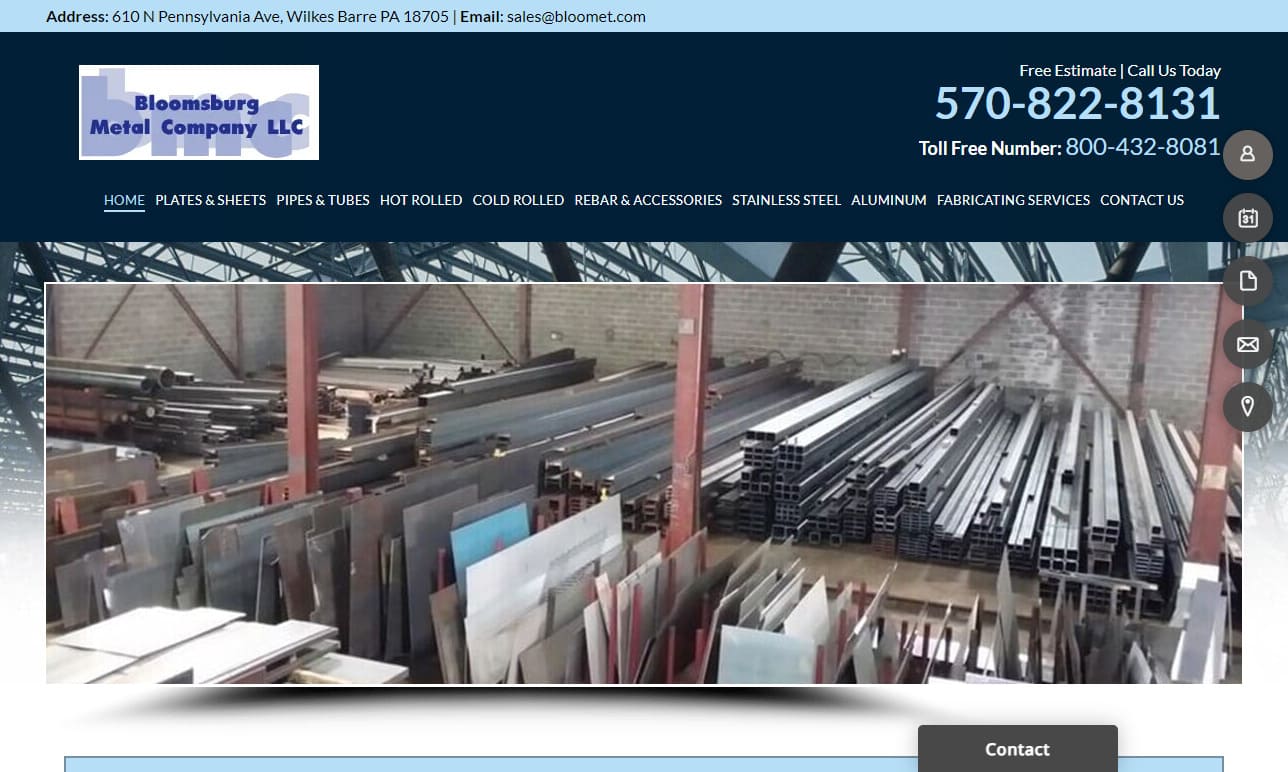
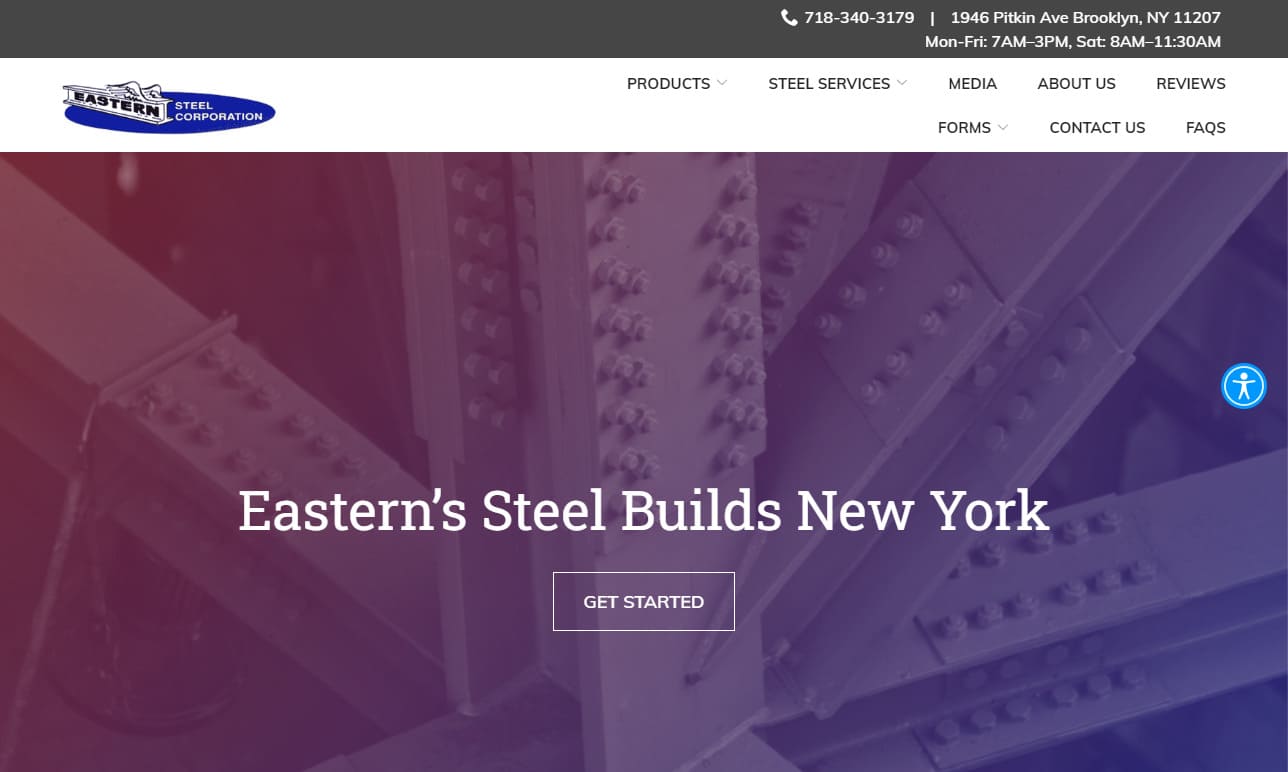
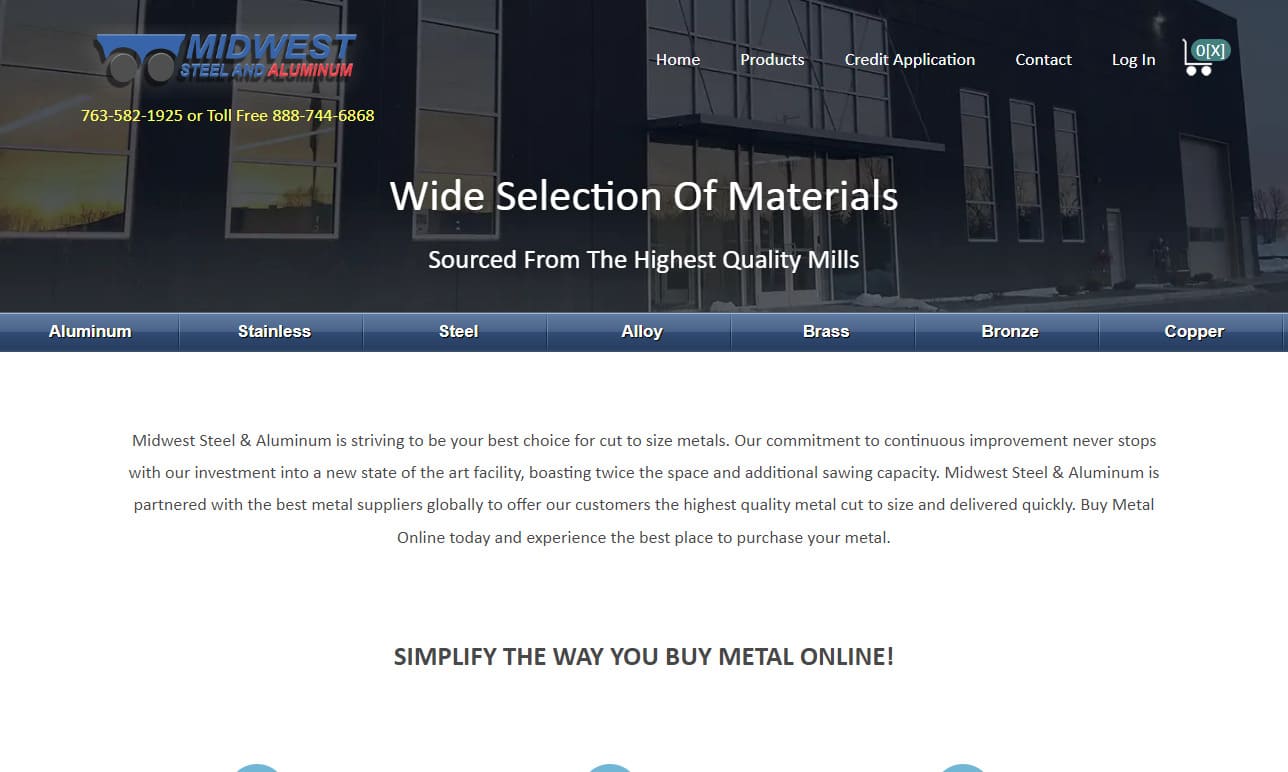
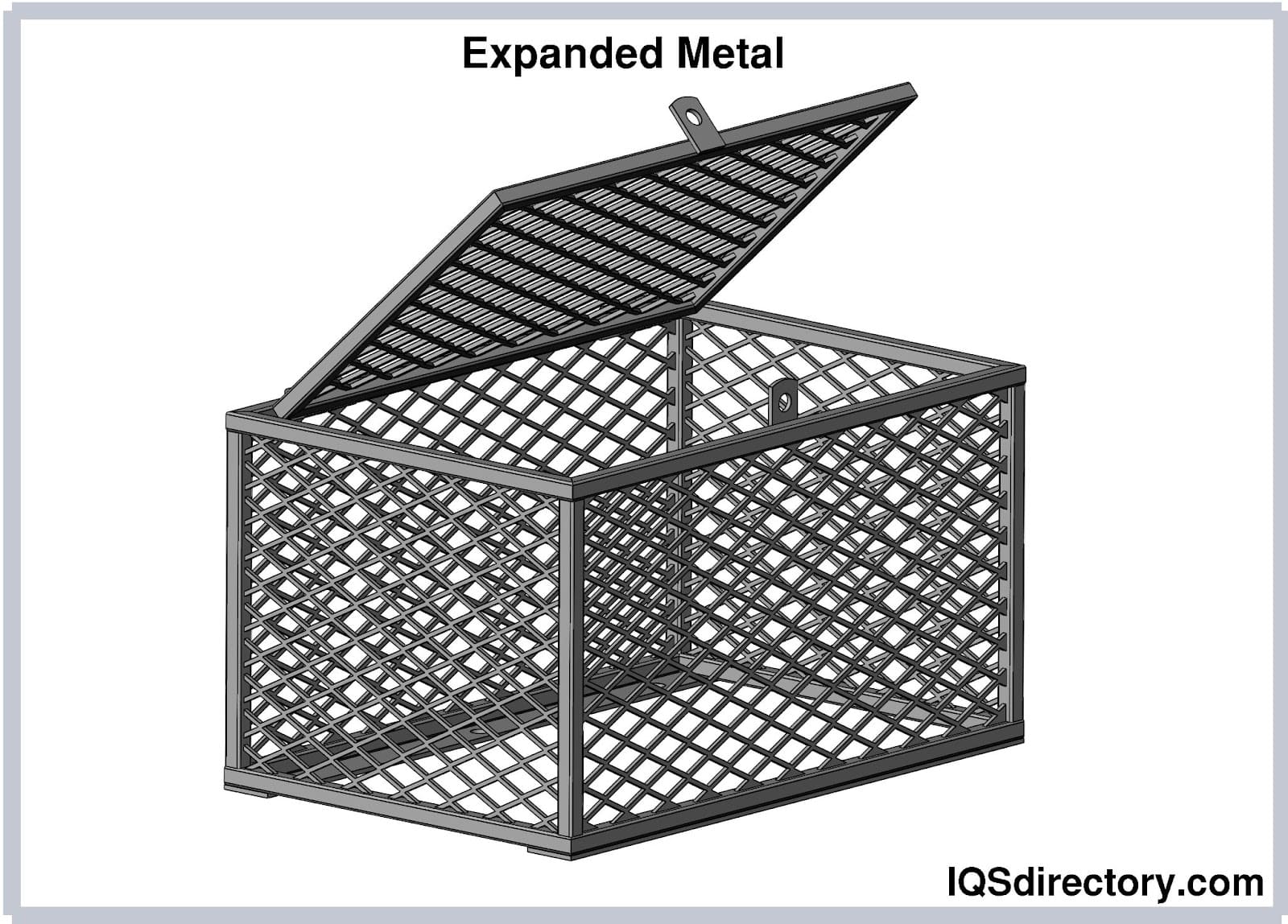
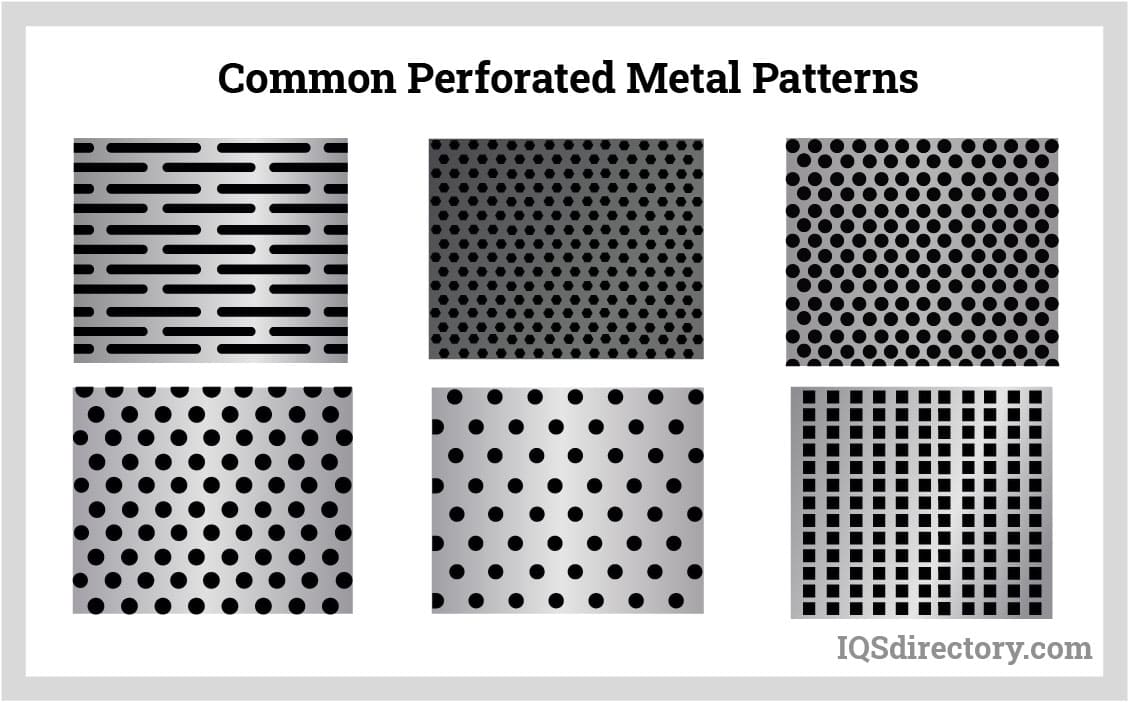
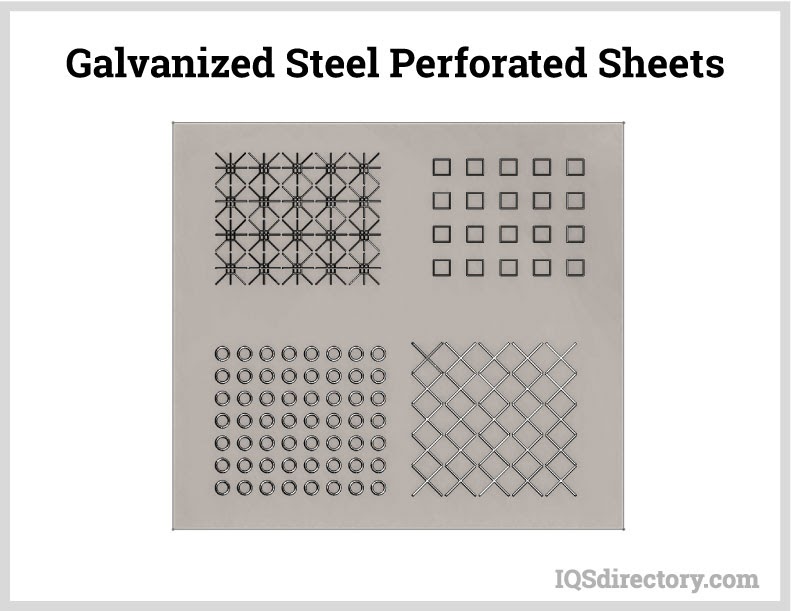
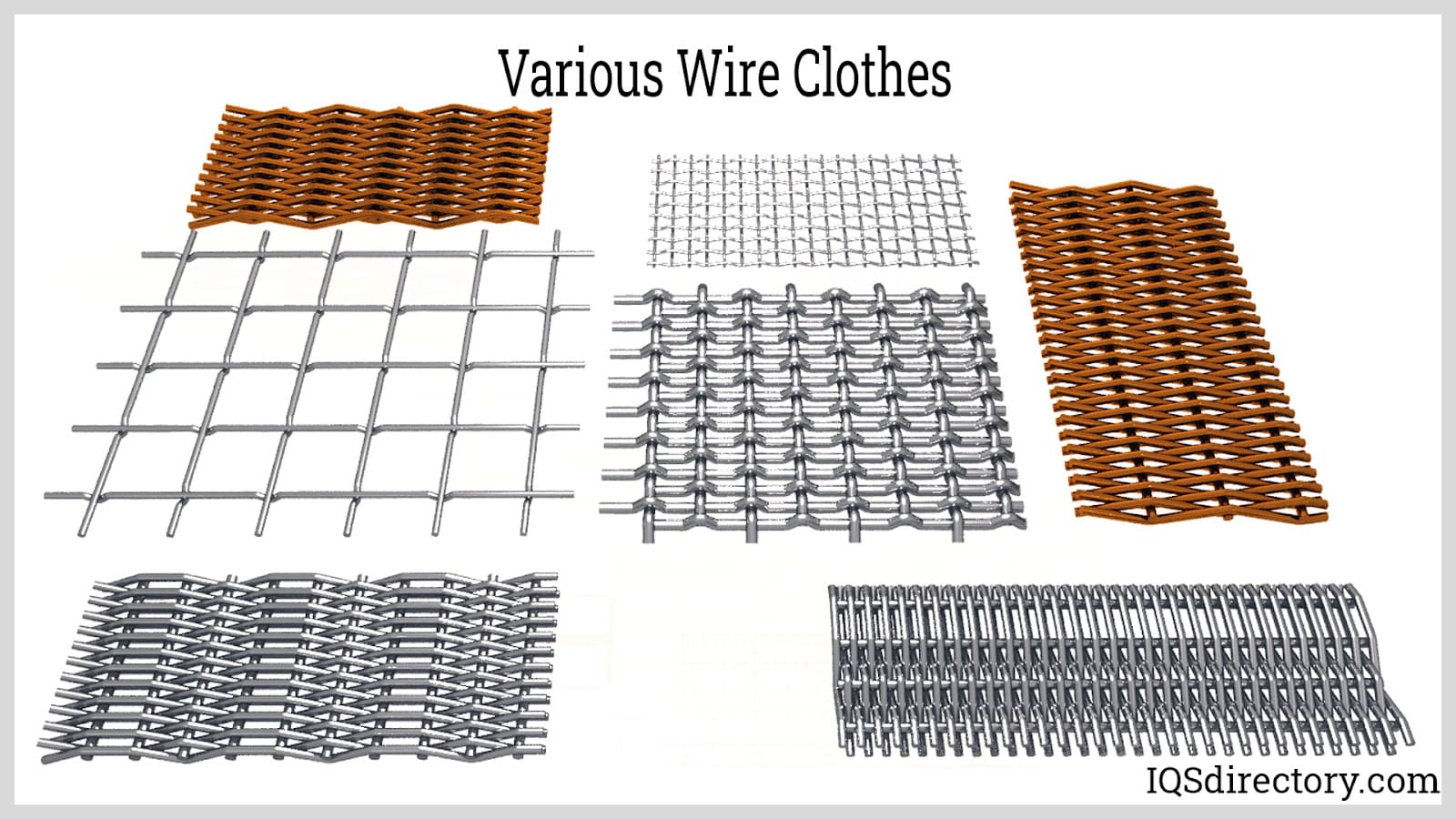
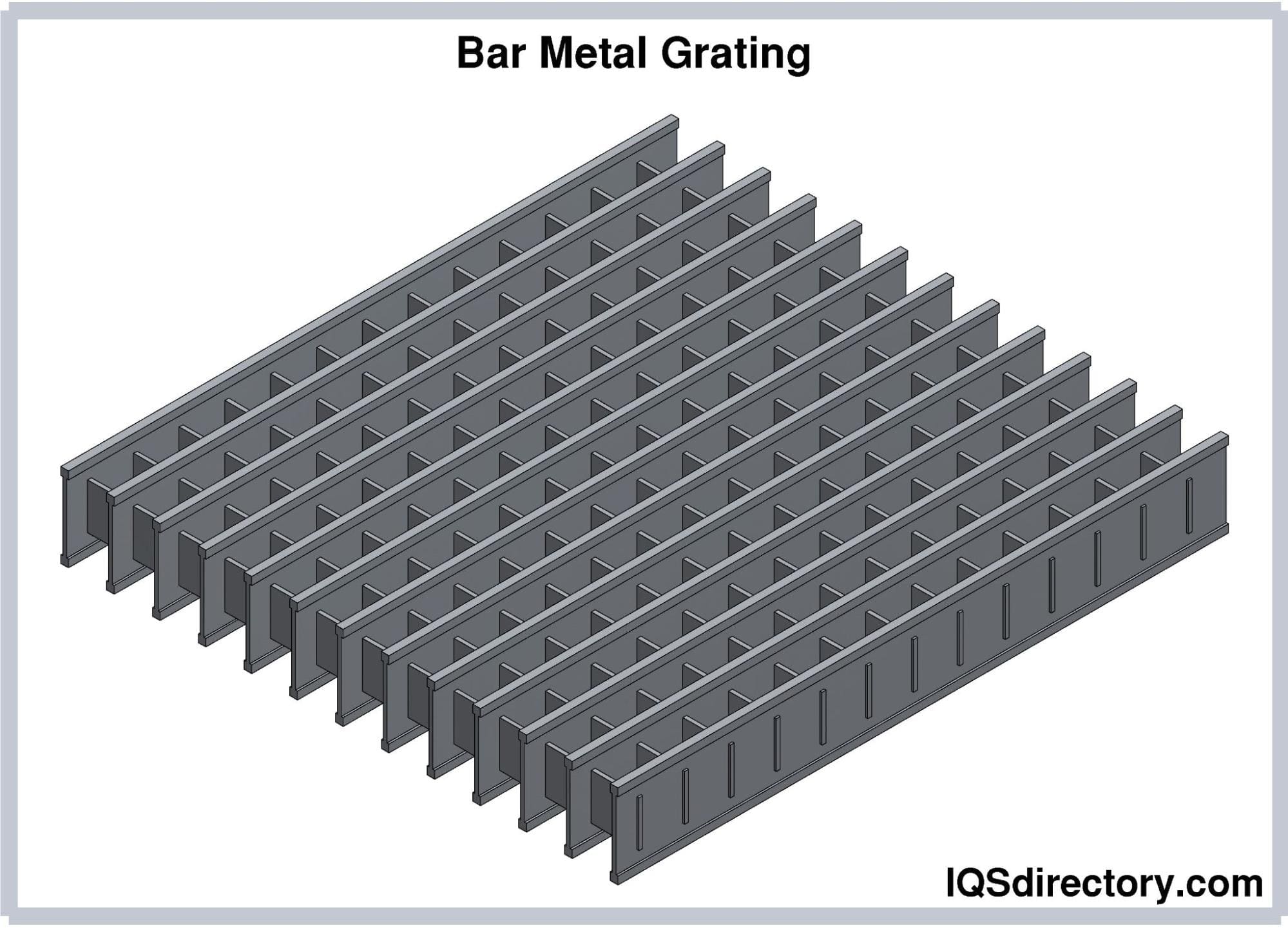
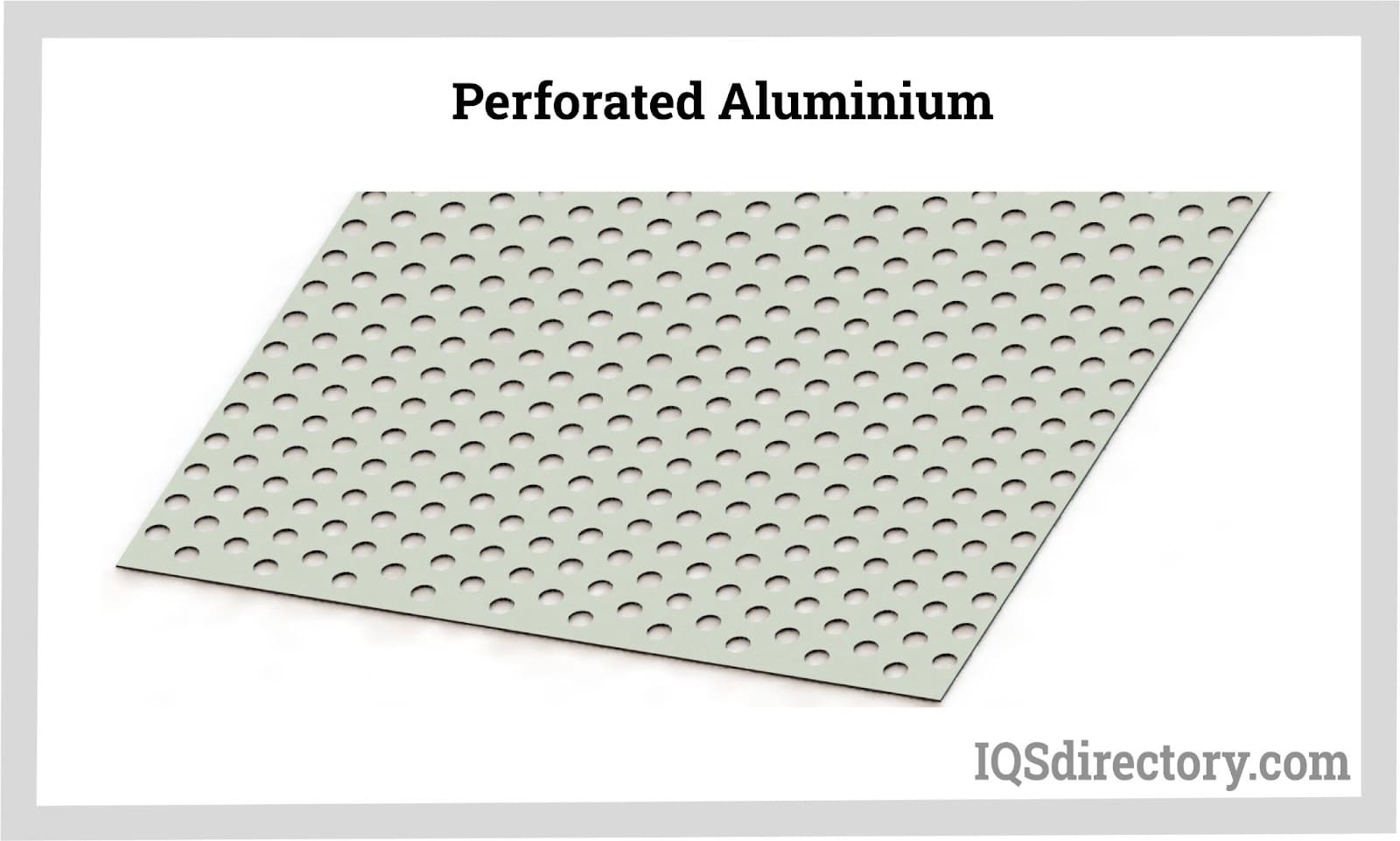
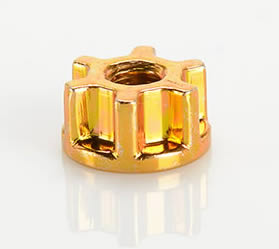 Cold Headed Parts
Cold Headed Parts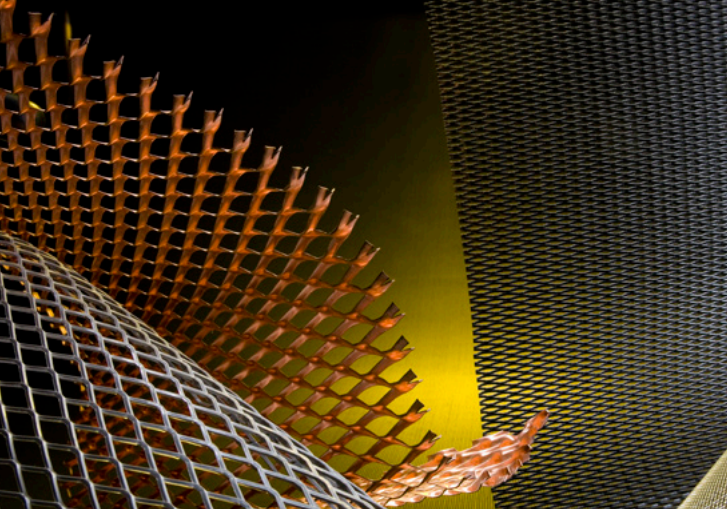 Expanded Metals
Expanded Metals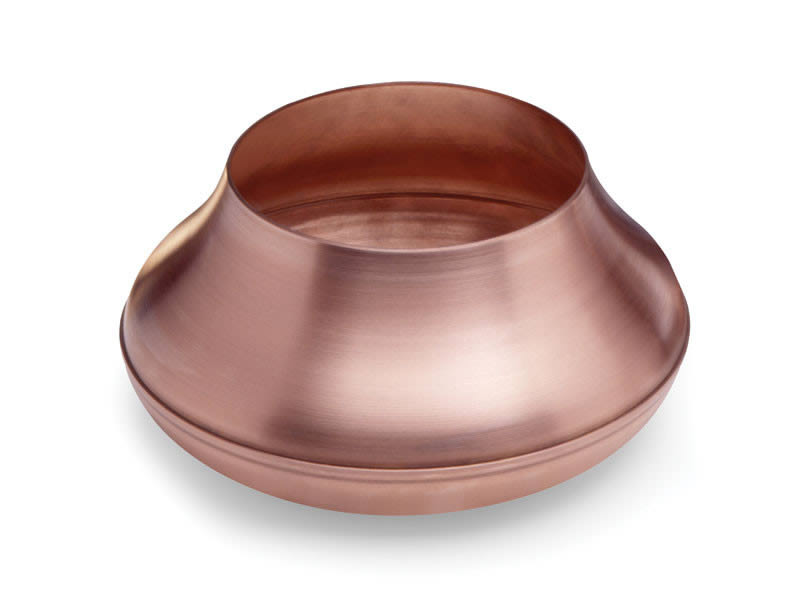 Metal Spinning
Metal Spinning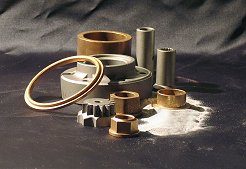 Powdered Metal Parts
Powdered Metal Parts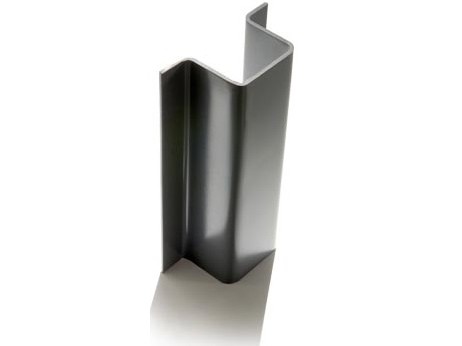 Roll Forming
Roll Forming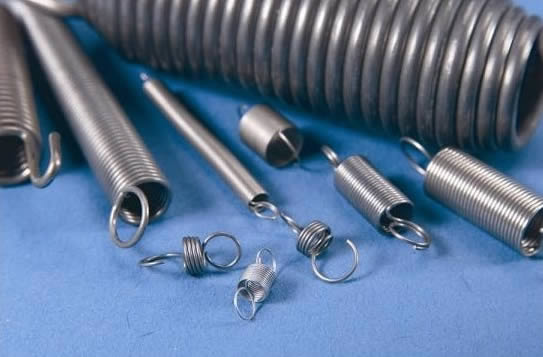 Springs
Springs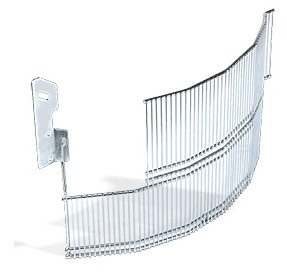 Wire Forms
Wire Forms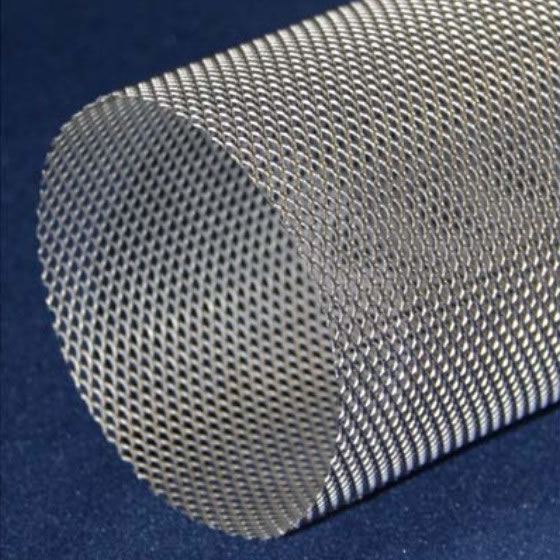 Wire Mesh
Wire Mesh Castings & Forgings
Castings & Forgings Bulk Material Handling
Bulk Material Handling Electrical & Electronic Components
Electrical & Electronic Components Flow Instrumentation
Flow Instrumentation Hardware
Hardware Material Handling Equipment
Material Handling Equipment Metal Cutting Services
Metal Cutting Services Metal Forming Services
Metal Forming Services Metal Suppliers
Metal Suppliers Motion Control Products
Motion Control Products Plant & Facility Equipment
Plant & Facility Equipment Plant & Facility Supplies
Plant & Facility Supplies Plastic Molding Processes
Plastic Molding Processes Pumps & Valves
Pumps & Valves Recycling Equipment
Recycling Equipment Rubber Products & Services
Rubber Products & Services